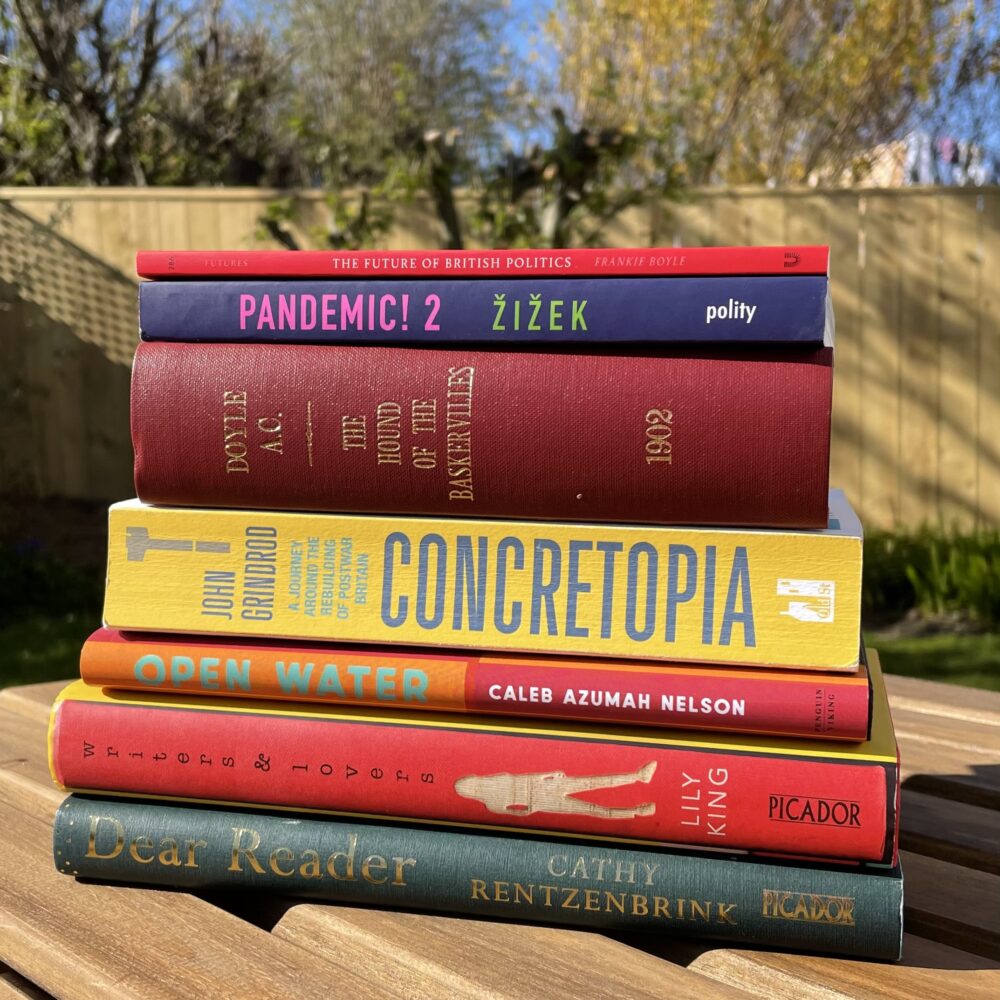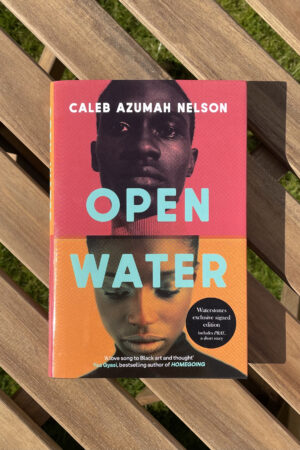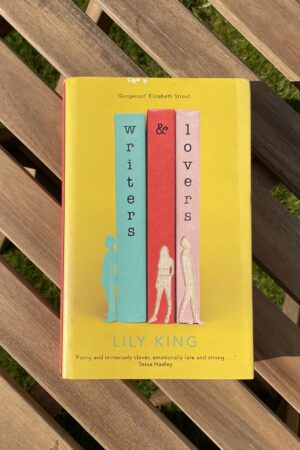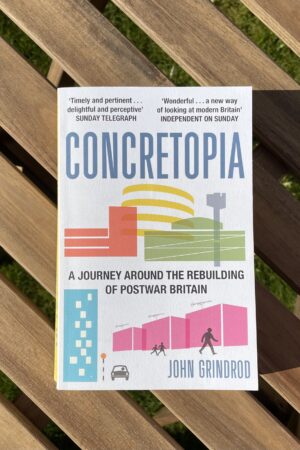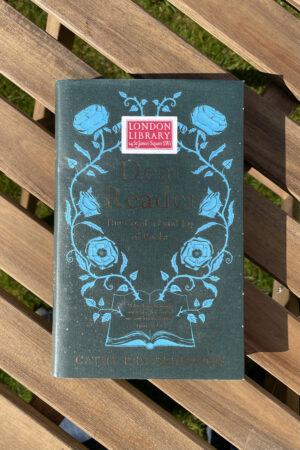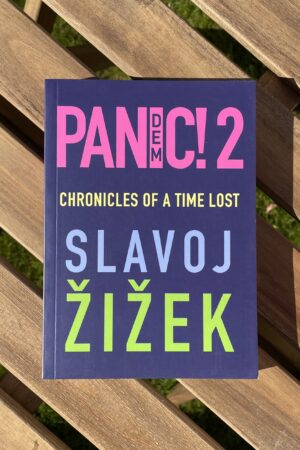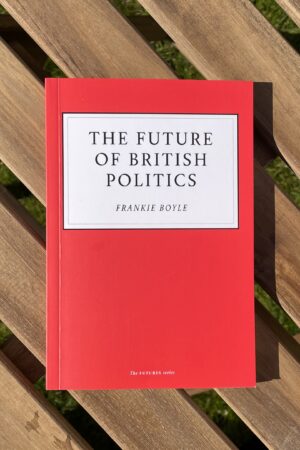30 things I learned in April 2020
1: In terms of the response of many governments to covid-19, David Runciman suggests that “For now the war is all there is, and the peace will have to take care of itself.” I hope that’s not true. If there’s one lesson we always say we need to learn after every crisis, it’s that we need to do more planning for the “recovery phase”, the return to normality (even if that is a new normal). I hope the UK’s government is thinking on that.
2: Contrary to everything I thought I knew about myself, it turns out that I am the kind of person who stands in a queue outside Asda. Covid-19 has done strange things to us all.
3: Doctors often spend a lot of time moaning about the involvement of politicians in political decisions about healthcare. I appreciated this article from Political Violence at a Glance for giving a brief but thoughtful answer to the question: “In pandemics, should the experts or the politicians be in charge?”
4: Dies Irae is quoted in a lot of films. Who knew that Gregorian chant is so relevant to modern cinema?
5: Teacher training in England is a mess.
6: Mario’s moustache is there for a reason.
7: There’s a great article in the April/May 2020 edition of Courier—not online as far as I can tell—about what a company learned from deciding to pay all their staff the same salary. It didn’t work out for them. Courier does these articles on failed business experiments really well: it’s great to see failure embraced and learning shared rather than just pretending everything works all the time.
9: According to a lecture by Dr Mary Rogers who manages the Abbott Global Viral Surveillance Programme, from all the SARS-CoV-2 viruses genetically sequenced to date from over twenty countries, there is only variation in 149 positions in a 29,000nt virus (i.e. very little mutation and variation).
10: “Whether one agrees with Trump’s policies or not, his administration has accomplished much of what it set out to.” I sometimes think that the collective outrage at Trump’s policies obscures the fact that he delivers on them. I would never have believed on 9 November 2016 that Trump would still be in office today, let alone that he would have actually delivered on his outlandish promises.
11: Bats have weird immune systems.
12: Stoking anger and resentment in difficult times still sadly brings gainful employment for some, according to Andrew Tuck: “At the park there’s a man lurking by the bushes. He’s got a camera with a telephoto lens as long as his arm. He’s here not to spot a rare bird in the trees but to try to catch out people sunbathing, sitting on a bench, talking to someone who does not live in their household (I know this because a few hours later I check the tabloid sites to confirm my suspicions and there are his pictures). He’s also got a series of people allegedly cycling too close to one another. But they are not what they seem to be. He’s simply used the lens to make it look like people are super close by shortening the field of vision. With a country on edge, it’s incredible why anyone would try to sow unease.”
13: In the context of the Prime Minister’s covid-19 diagnosis, “Donald Trump described Johnson as a man who ‘doesn’t give up’. Which is about as disrespectful a thing one could say in the face of the tens of thousands of people who have died of the virus, and presumably just couldn’t be arsed to hang around.”
14: Canine life coach is a career option.
15: I read a lot of library books and have never really worried about catching infections from them. But Gill Partington seems to think I should worry (and according to this article, Public Health England has guidance on cleaning library books, which was also news to me).
16: It’s easy to forget the unprecedented pace of social change over the last hundred years, which means it’s easy for a news report from a century ago to knock my socks off with its attitude to gender politics.
17: The Government’s latest covid-19 graphic feels strangely reminiscent of certain 1990s weekend shopping trips.

18: It’s “unlikely in the extreme” that covid-19 will delay November’s US presidential election.
19: The Economist reckons that “apps built using Apple’s and Google’s new [covid-19] protocol ought to focus on providing information to technologically empowered human contact-tracing teams, not on automating the whole process.” I agree; I’m not sure whether or not that’s PHE’s view.
20: Streaming funerals online raises interesting theological questions.
21: By dint of being in the second half of the decade, I don’t think I can describe myself as being in my “early thirties” anymore. In Misbehaving, Richard Thaler suggested that people can no longer be considered “promising” once they turn forty. To wit: I’m now a “promising thirty-something.”
22: According to this headline, the ideal moment to invite more people to attend NHS services is the moment of greatest pressure on those services.
23: Some pigeons have their rectums checked for incendiary devices.
24: Some days, I just despair.
25: Van Gogh’s isolation in the Saint-Paul-de-Mausole asylum influenced his art in interesting ways.
26: A Time-ly reminder that hospitals are only as strong as their domestic workforce.
27: In The Sense of Style, Steven Pinker argues that “style earns trust. If readers can see that a writer cares about consistency and accuracy in her prose, they will be reassured that the writer cares about those virtues in conduct they cannot see as easily.” Events over the last few days have made me think a lot about how consistent and accurate advice is crucial for outbreak control, but I had been thinking in terms of ethics and efficacy. Trust is, of course, especially important too: people don’t follow advice they don’t trust. It’s normally the sort of thing I bang on about a lot, so it’s interesting to reflect on why it was so far from my mind this weekend.
29: Today, I’ve had Adam Buxton’s take on the Quantum of Solace theme stuck in my head. It must be twelve years since I heard it on 6music, so I’ve no idea why my brain dragged that up!
30: I didn’t realise I was tired tonight until I woke up having falling asleep while reading in an armchair. I’m not sure this is correct behaviour for a promising thirty-something.
This post was filed under: Posts delayed by 12 months, Things I've learned, 1843, Adam Buxton, Ai-Jen Poo, Andrew Tuck, Asda, Catherine Nixley, Chatham House, Chiara Ruffa, Chris Smyth, Courier, Covid-19, Dan Lewis, David Runciman, Dies Irae, Do It All, Gill Partington, Grayson Perry, Gregorian chant, Hannah Jane Parkinson, Kristine Eck, Leaf Arbuthnot, Lindsay Newman, Marnie Willman, Martin Bailey, Mary Rogers, Massive Science, Monocle, Now I Know, Political Violence at a Glance, Poppy Wood, Prospect, Quartz, Richard Thaler, Standpoint, Steven Pinker, The Art Newspaper, The Economist, The LRB, The Times, Time, Tori Smith, Tortoise, US Presidential Election 2020, Van Gogh.
